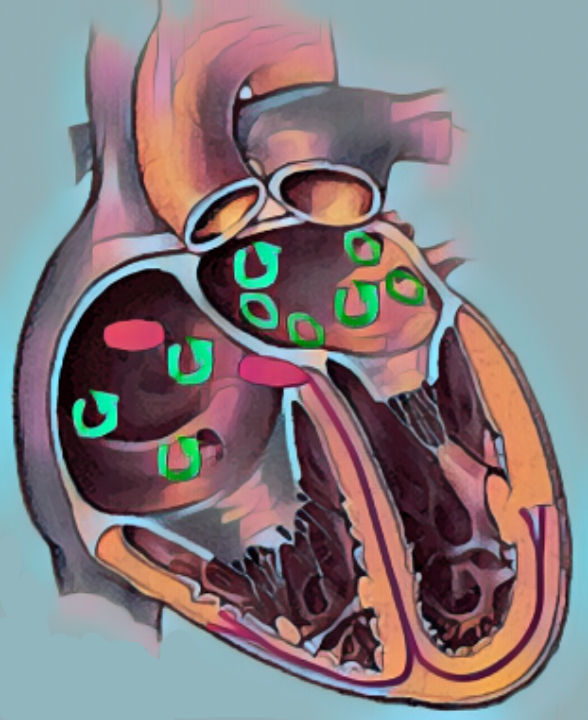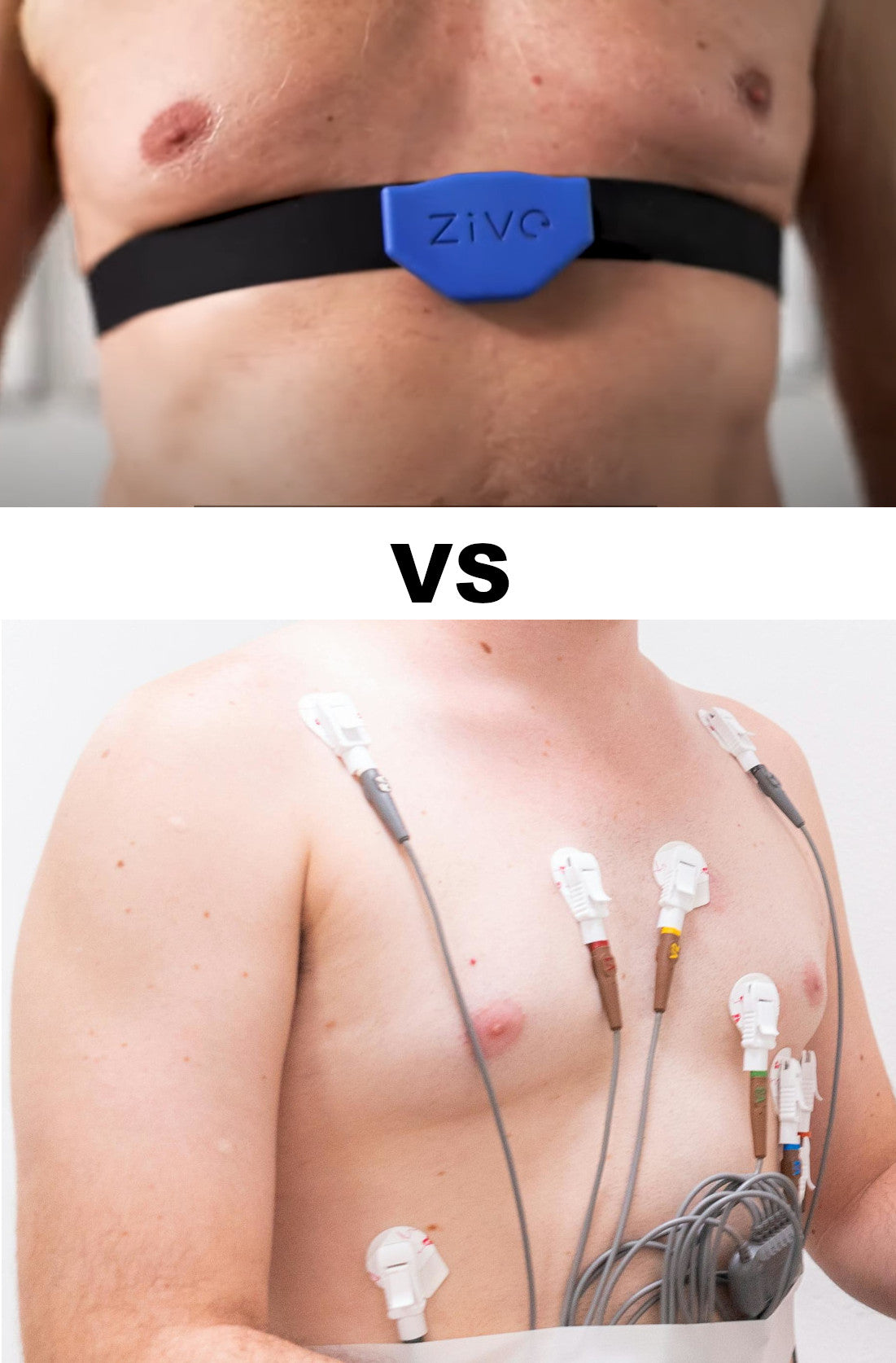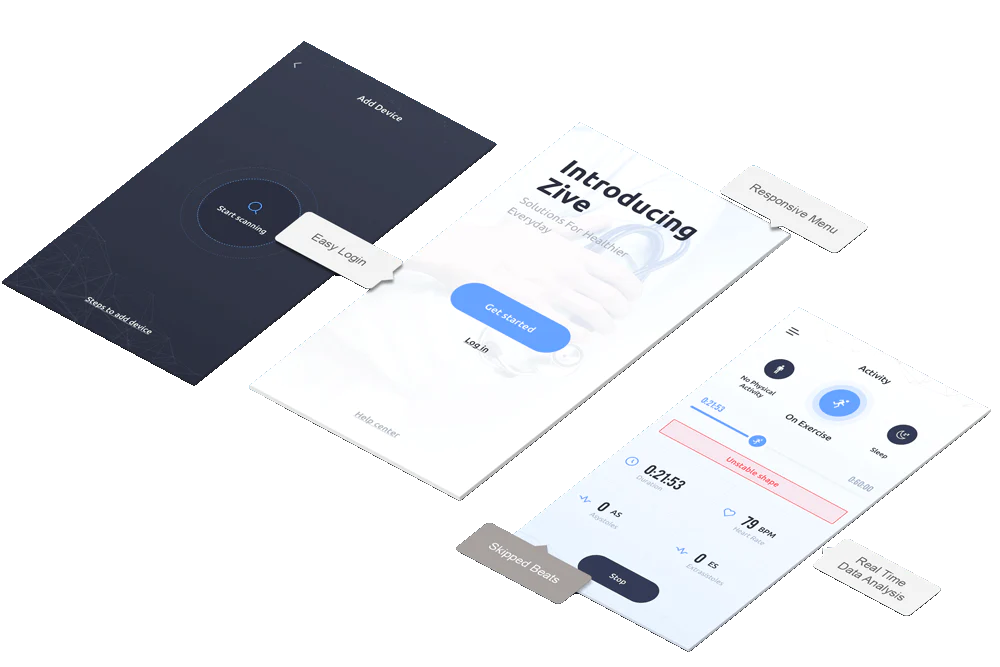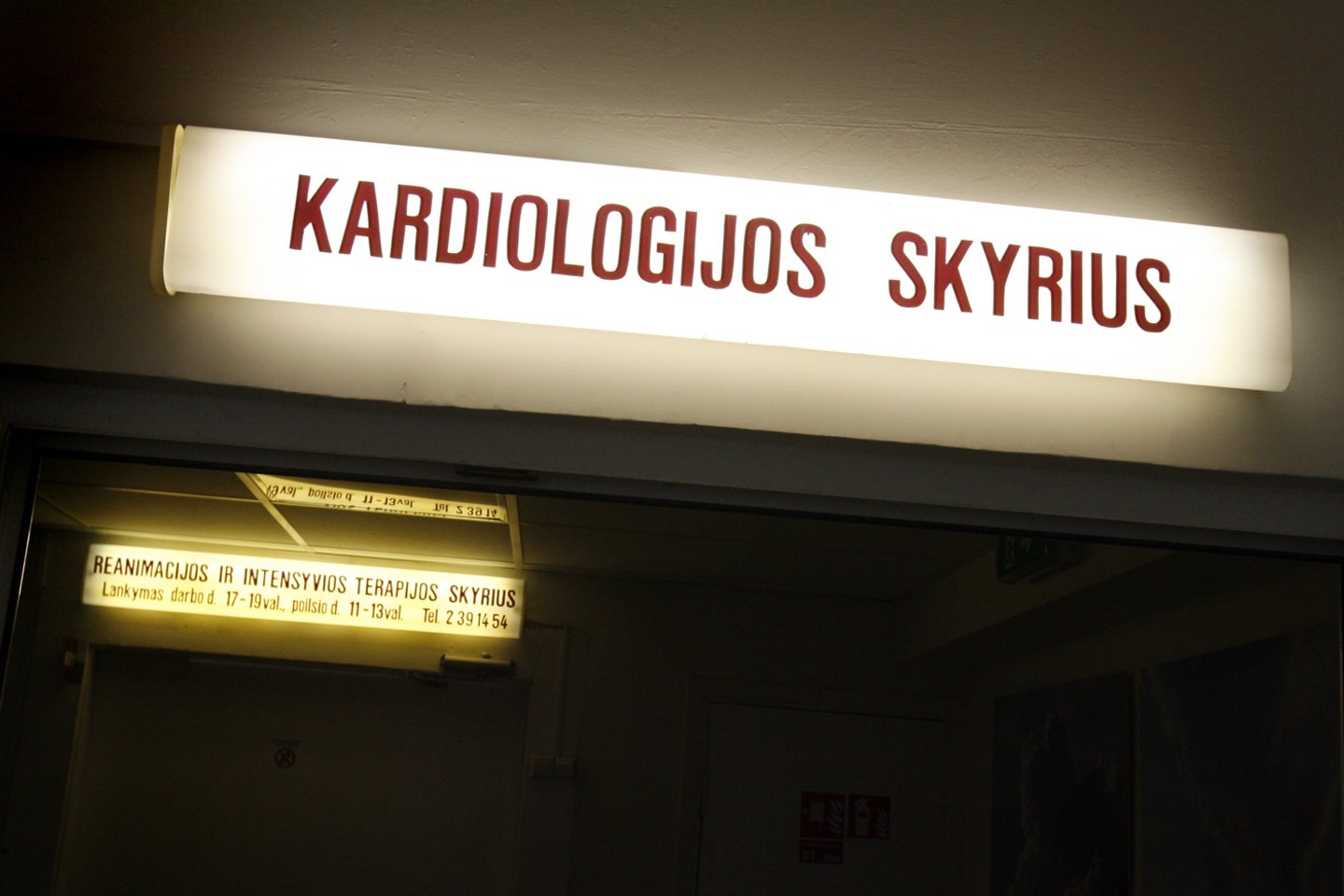Atrial fibrillation is a serious condition with potentially life-threatening complications, including stroke and heart failure. While some people may experience minimal or no symptoms, the risks associated with AFib necessitate vigilant monitoring and treatment. ZIVE can detect atrial fibrillation and help manage the effectiveness of treatment
Conclusion
The ZIVE ECG holter offers a modern, flexible alternative to traditional Holter monitors. It combines the advantages of real-time monitoring, wireless connectivity, and ease of use, making it suitable for both short-term and long-term monitoring. On the other hand, Holter monitors, while reliable and comprehensive for long-term data collection, lack the immediate feedback, comfort, and user-friendliness...
Heart disease is no longer just a concern for older adults; it is increasingly affecting individuals under 40. This trend underscores the urgent need for early prevention and the promotion of healthy living. Adopting a balanced diet and engaging in regular physical activity are essential steps to reducing the risk of heart disease from a young age. Additionally, innovative tools...
When faced with long waiting times for specialist appointments at university clinics, particularly for conditions like cardiac issues, it’s important to consider strategies that can help manage your health effectively while navigating the system. Here are some steps and solutions that might help.
Monitor Your Health with Zive ECG holter monitor: Integrating devices like Zive ECG into...
Heart rhythm abnormalities, also known as arrhythmias, refer to irregularities in the normal electrical impulses that coordinate the contraction of the heart muscle. These irregularities can cause the heart to beat too fast (tachycardia), too slow (bradycardia), or irregularly. The heart's normal rhythm is controlled by a specialized electrical system, and when this system malfunctions, it can lead to various...




